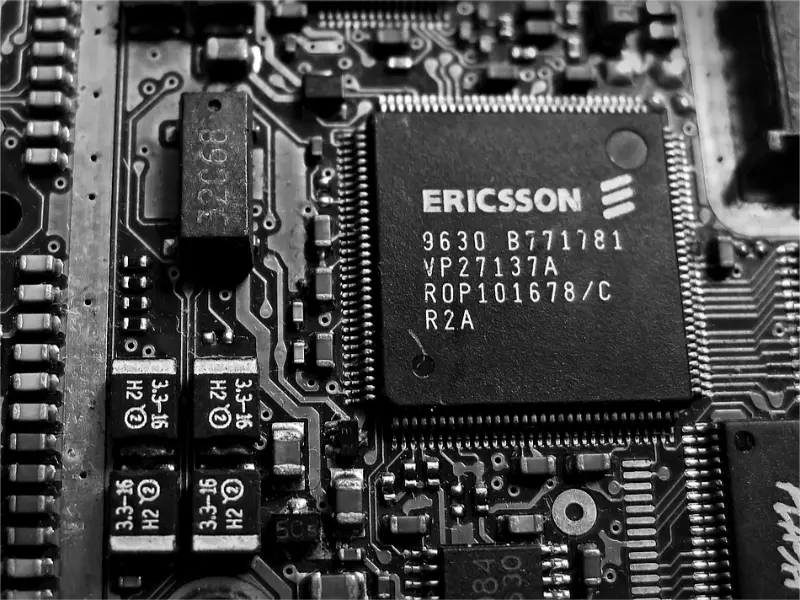- Ericsson’s Q2 earnings surpassed expectations due to strategic cost reductions amid tough market conditions.
- Despite a significant impairment loss on its Vonage business, investor confidence in Ericsson’s future remains strong.
OUR TAKE
Ericsson AB’s second-quarter earnings exceeded analysts’ expectations thanks to strategic cost-cutting measures aimed at coping with a challenging market. This led to a significant increase in earnings despite a decline in net sales. The company also had to take a substantial impairment charge on its Vonage business, which resulted in a net loss. However, investor confidence remained high, as evidenced by an increase in Ericsson’s share price. As global demand for advanced telecom services, especially 5G, begins to accelerate, Ericsson is reshaping its strategy and cost structure to better position itself to take advantage of future market opportunities.
–Heidi Luo, BTW reporter
What happened
Ericsson’s second-quarter earnings beat analysts’ forecasts thanks to aggressive cost-cutting in a challenging market. The Stockholm-based company reported that adjusted earnings before interest and taxes (EBIT) rose 14% year-on-year to $307 million, ahead of the $257 million forecast.
Despite this performance, the company took a significant non-cash impairment charge of $1.1 billion on its Vonage business, which resulted in a net loss for the period of the same amount. Net revenues fell 7% to $5.8 billion, but this was still ahead of market expectations of $5.7 billion.
Ericsson operates in a challenging telecom equipment sector, which has been further strained by the slower-than-expected 5G rollout. This industry-wide slowdown has led many telecom companies to review their growth strategies and cost structures. “We continue to take further action as we are still in a declining market. A lot of our cost base is related to people. We have to look at that in the future,” Chief Financial Officer Lars Sandstrom said in an interview.
Also read: Optus uses Ericsson’s 5G interference sensing software
Also read: Ericsson completes successful drone project at 5G Smart Factory
Why it’s important
As a result, Ericsson has reduced its global workforce by approximately 8% and further reduced jobs in Sweden in order to align operating costs with current market realities. These measures are part of a broader initiative to stabilise the company’s financial health and ensure competitiveness in a rapidly evolving technological landscape.
The financial challenges are illustrated by the impairments related to the acquisition of Vonage, an effort made in 2021 to expand Ericsson’s capabilities in cloud communications. However, the difficulties in integrating Vonage into the core business have led to significant financial write-downs.
Despite these setbacks, Ericsson remains optimistic about potential revenue gains from large contracts in North America, which are expected to materialise in the second half of the year.
What’s more, Investor AB, controlled by Sweden’s influential Wallenberg family and the largest shareholder, has increased its stake in the company. This move, combined with a 6.7% increase in Ericsson’s share price this year, reflects positive market sentiment towards the company’s turnaround plans and long-term prospects.

